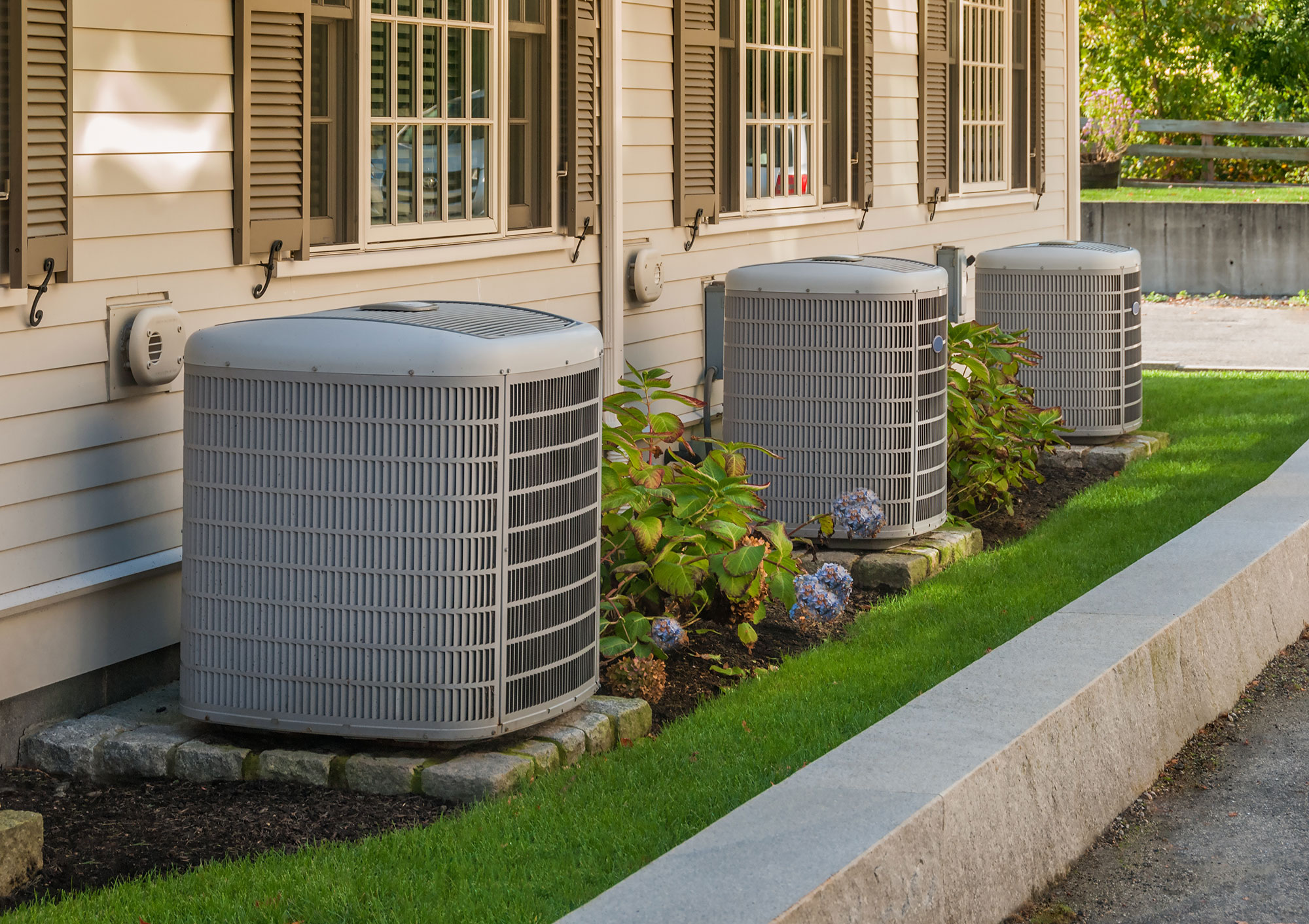Indoor air quality is a critical yet often overlooked aspect of our everyday lives. Many people are unaware that the air inside our homes and workplaces can be more polluted than the air outside. This is where heat, ventilation, and climate control systems, commonly referred to as heating, ventilation, and air conditioning, come into play. These systems not only control temperature but also play a significant role in preserving the air we inhale. Understanding how HVAC works can help you create a healthier living environment for you and your family.
As we spend a substantial portion of our hours indoors, the quality of indoor air has a direct impact on our health, comfort, and overall well-being. From reducing irritants and pollutants to maintaining ideal humidity levels, a properly working HVAC system is essential. This article will guide you through the various parts of HVAC, explore common issues you might encounter, and provide professional advice on maximizing your system's efficiency and enhancing indoor air quality. Whether you are a property owner looking to enhance your system or a business owner seeking to boost workplace conditions, understanding HVAC is critical to creating a comfortable and safe environment.
Understanding HVAC Systems
HVAC stands for warming, ventilation, plus cooling, which are essential components in ensuring a cozy indoor environment. HVAC systems serve to control temperature, humidity, and air conditions inside home and commercial areas. By means of combining these 3 functions, HVAC systems play a key role in maintaining the house or office remains comfortable throughout the year.
The heating systems usually utilize heaters and other heating devices for warm indoor spaces in chillier months. Conversely, cooling systems assist lower the temperature of the air in the warm months, delivering relief from the heat plus dampness. Airflow is just as crucial because it introduces new outdoor air plus removes unhealthy indoor air, reducing pollutants and enhancing general indoor air quality. A well-maintained heating and cooling system allows for experiencing maximum satisfaction and better living conditions.
To completely understand the way these systems work, it's important to acquaint yourself to the parts, such as temperature controls, ductwork, air filters, and others. Regular upkeep plus awareness of common problems can assist ensure your HVAC system operates smoothly and reliably. Getting to know the distinct characteristics of your heating and cooling system may also help in making informed decisions about improvements plus maintenance, thereby improving the quality of your indoor environment.
The Impact of HVAC on Indoor Air Quality
Indoor atmosphere quality is essential for ensuring a healthy and inviting living space, and HVAC systems play a significant role in this aspect. Well-maintained and appropriately designed HVAC systems clean and move the air, removing pollutants, allergens, and contaminants that can adversely affect health. This is especially important in homes and commercial buildings where people spend a lot of time. Proper ventilation, a critical component of HVAC systems, guarantees that clean air is brought in while stale air is expelled, promoting a cleaner indoor environment.

Humidity control is an additional essential function of HVAC systems that directly impacts indoor air quality. High humidity levels can result in the growth of mold, bacteria, and dust mites, that can instigate allergies and respiratory issues. Conversely, reduced humidity can cause discomfort and lead to dry skin and respiratory problems. An effective HVAC system helps regulate humidity levels, ensuring a consistent atmosphere that enhances comfort and reduces health risks.
Lastly, the types of air filters used in HVAC systems greatly influence indoor air quality. High-efficiency particulate air (HEPA) filters, for example, are specifically made to capture tiny particles and allergens, providing purer air. Regular" maintenance and prompt replacement of air filters are critical to ensure that these systems perform optimally. By choosing the appropriate filters and maintaining the system in good condition, homeowners and businesses can successfully improve indoor air quality, contributing to overall well-being and productivity.
HVAC Maintenance and Efficiency Tips
Regular maintenance is essential for ensuring your HVAC system running effectively and extending its lifespan. Start by replacing the air filter media each one to three month, based on usage and the type of filter. Blocked filters restrict airflow, forcing your system work more and leading to higher energy usage and stress on the equipment. In web , ensure that the outside unit is free from debris, leaves, or any obstructions, as these can hinder its performance.
Performing seasonal inspections is another valuable strategy to improve HVAC performance. Schedule professional check-ups at least 2 times a year—one time before summer and once before winter. During these inspections, a technician can identify potential issues, clean necessary components, and optimize the system's efficiency. This preventive approach does not only guarantee a comfortable environment but also helps in avoiding costly repairs down the road.
Lastly, think about upgrading to smart thermostats and high-efficiency HVAC systems. Smart thermostats enable you to program temperatures based on your schedule, reducing energy loss when you're not home. Choosing Energy Star-rated equipment can result in substantial long-term savings on energy bills while also helping a reduction in your carbon footprint. By adopting these maintenance and efficiency tips, you'll create a more pleasant and cost-effective indoor environment.
